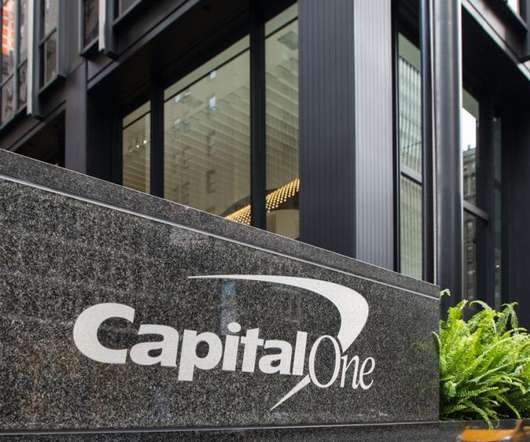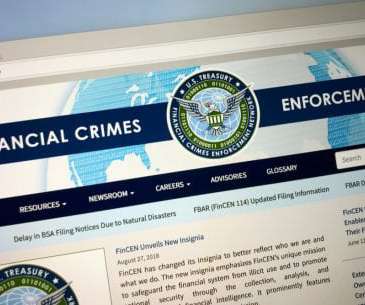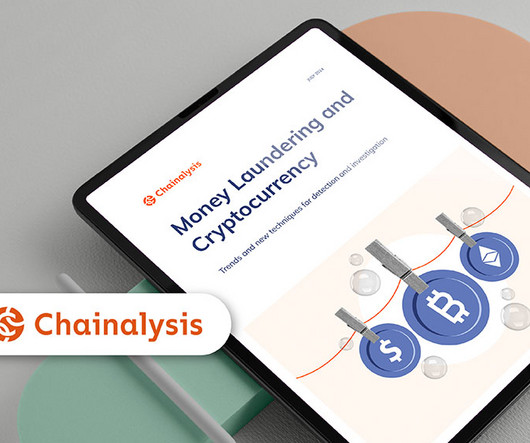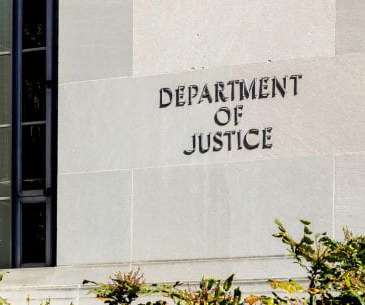BSA Officials At FIs Targeted By Phishing Campaign
PYMNTS
FEBRUARY 8, 2019
In a reported phishing campaign that began last month, Bank Secrecy Act (BSA) officials at credit unions in the U.S. are said to have been sent emails that appeared to have come from other BSA officers. It was not clear if any BSA officers had decided to follow the link to the site, according to the report.





























Let's personalize your content